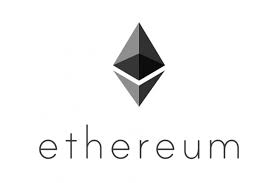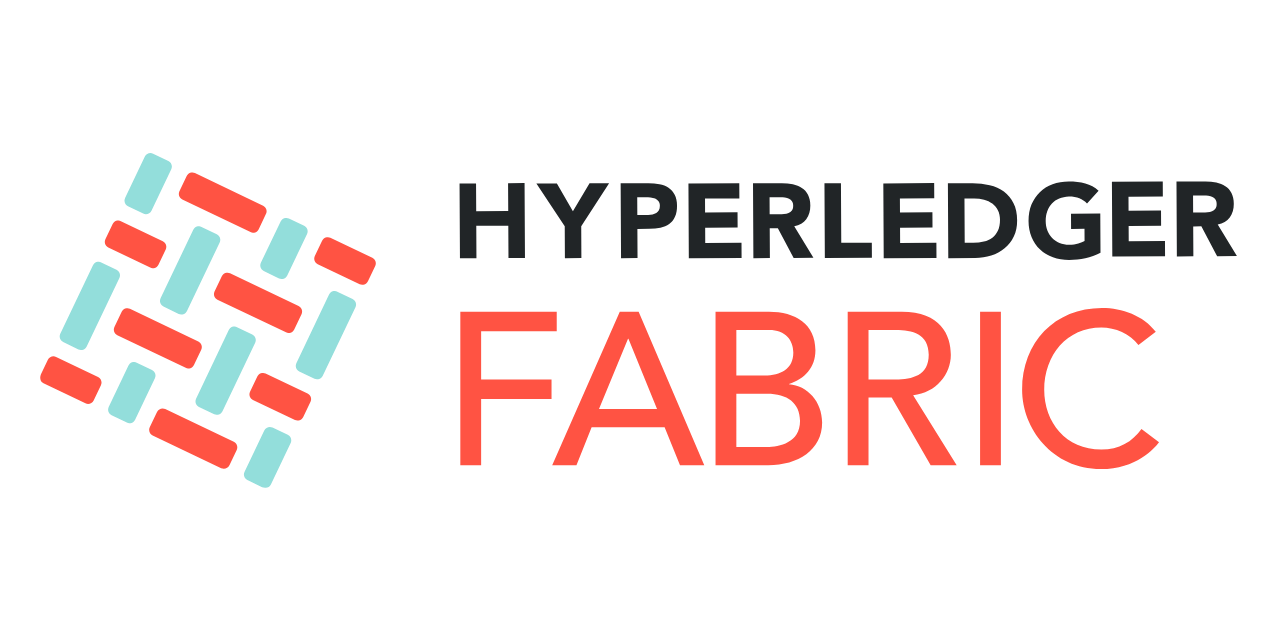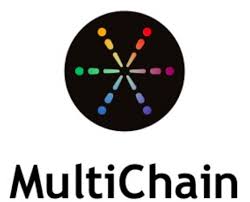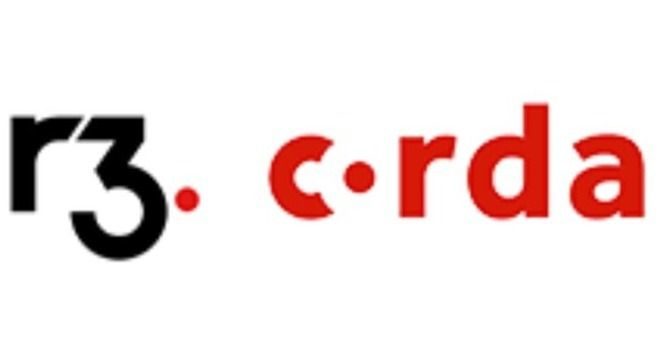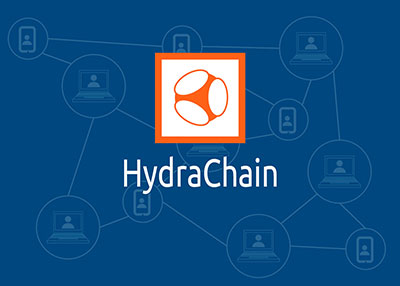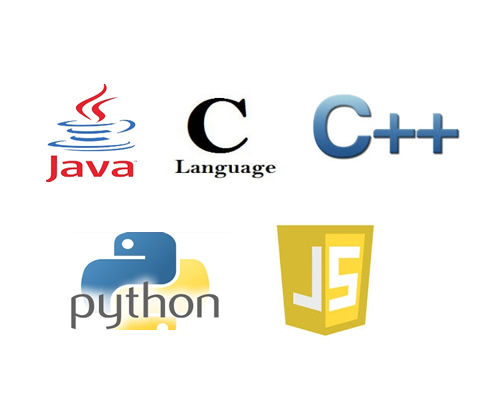Blockchain
What is Blockchain?
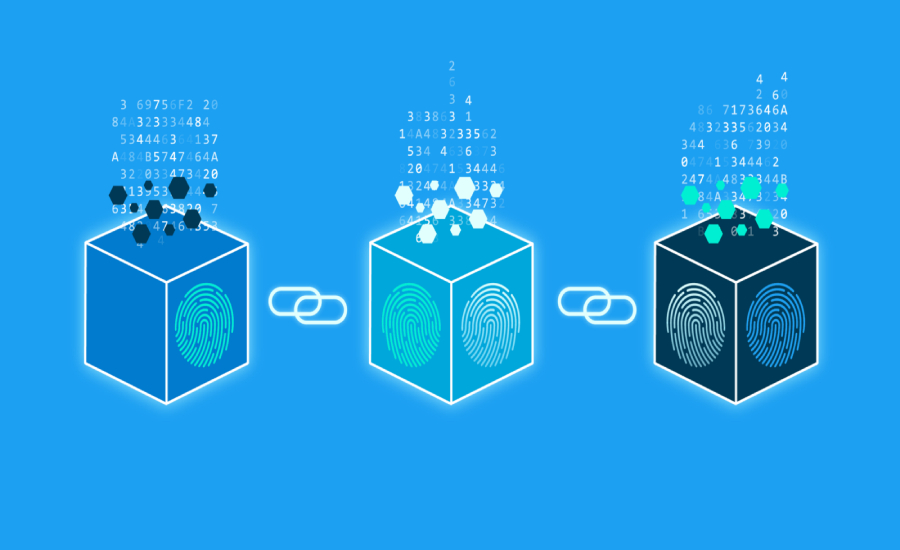
Blockchain is a digitally distributed ledger that has no central authority it is the underlying technology for most cryptocurrencies systems such as Bitcoin, Ethereum the shared and immutable network allows peer to peer information without a third party.
Blockchain consists of block a block is a permanently recorded set of data in a digital ledger, once the block is completed it creates a unique secure code called hash that ties it to the next block creating a chain of blocks.
The ledger is built around a peer to peer network that can openly be shared amongst disparate users to create an immutable record of transactions each time stamped and linked to the previous one every time a set of transactions is validated and added; that data becomes another block in the chain.
Blockchain technology is a growing string of encrypted records. Most industries have high expectations for Blockchain fundamental to foster greater trust transparency for business. The trends is bringing steadly growth to numerous industries to embrace the technology. Blockchain is incorruptible and can be programmed to create financial transactions but virtually everything else.
Public vs Private Blockchain?
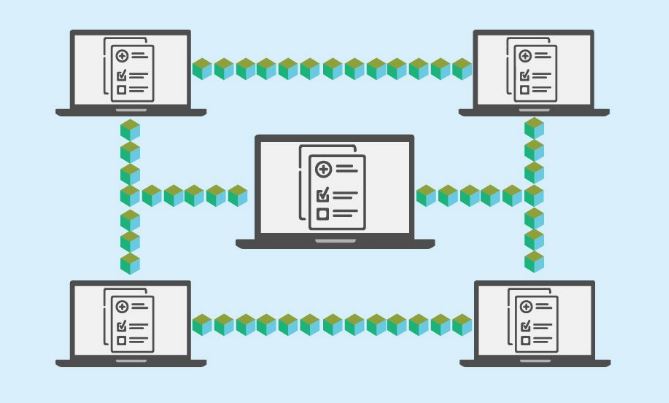
Public Blockchain – permissionless
Anyone can join the network Public Blockchain, read and create, because it is a decentralised open source so no one is in charge over the network. There is no access or rights management in a public Blockchain and anyone can be part of the consensus.
Open read and write
Anyone can participate by submitting transactions to the Blockchain such as Ethereum and Bitcoin
The ledger is distributed data base not centralised. All nodes participate in the transaction validation
Immutable data cannot be changed
Secure due to mining
Private Blockchain – permissioned
Permissioned network places a restriction on who is allowed to participate. In Private Blockchain the owner is a single entity or an Organisation which can override and delete commands on a Blockchain if needed. It can be called distributed ledger or database with cryptography to secure it. A private Organisation is more likely to join a Private Blockchains Network which allows invited users to transact securely without making data public.
Private Blockchain allow different level of permission for users
Information can be encrypted to protect confidentiality
The technology can be adapted to user’s needs
Faster transactions (much faster to reach consensus)
Better scalability (add nodes & services on demand)
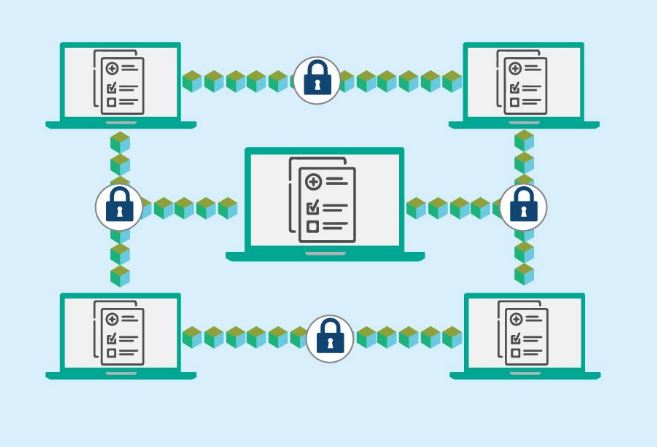
The technology is undeniably growing at a fast pace for the past few years.
It has the same disruptive footprint the internet has on our society over the past 25 years. We partner globally with businesses on technology transformation programs implementing planned initiatives and realisation of business outcome.
Our consultants and developers have a global experience that span across a wide range in the blockchain industry.
Hire our developers bring change to your business.
Let’s talk!
Main Benefits of Blockchain for your enterprise
SECURITY
While nothing is 100% secure, the Blockchain network is designed to be immutable and tamper- proof it achieves through:
- Decentralization
- Cryptography
- Consensus
AUTONOMY
No need for a central decision-making body, reduction in transaction costs
AUTOMATION
Rules predefined by members and automatic execution without intermediaries
TRANSPARENCY
Blockchain that can be consulted at any time by the whole community, customer responsibility because each member has rights and duties towards the community
More benefits
High secured network
While nothing is 100% secure, the Blockchain network is designed to be immutable and tamper-proof it achieves through:
- Decentralization
- Cryptography
- Consensus
No intermediary
Because it is a peer to peer network, Blockchain can reduce third party intermediaries
Cost Effective
- Reduce claims management cost
- Reducing IT cost
- Reduce/ eliminate the cost for intermediaries
Transactions
- Higher transfer speed
- Improve cross border payment
- Lower conversion fees
- Single clear report of payments
Decentralized
Transparent
Consensus Driven
Immutable
What are the main sectors for blockchain?
Banking and financial institutions
Banking and financial institutions have been in the position to leverage effectively by using Blockchain technology it is faster because it works to automate the verification Process and also allow liability for fund transfer throughout the network.
Automotive
Blockchain can smooth the path for Peer-to-Peer interactions between owner and users. Enabling the maintenance of immutable records of ownership and usage payment. The technology has the capacity to reduce cost and enhance safety and convenience for the drivers
Supply Chain
Blockchain has the ability to reduce fraud across the supply chain it facilitates trade of Document such as LC and automated payment execution with Smart contracts. The technology can Resolve mistake faster.
Insurance
Revolutionize the way we deal with insurance companies. Blockchain make claim process three times faster and five times cheaper
Healthcare
With blockchain medical records can be cryptographically secured in manner that can improve high quality care nationwide interoperability and up to medication traceability.

Government
Governments use Blockchain to improve public services and enhance the growth for new businesses

Our Platforms
The Blockchain Platform allow development of Blockchain based applications. Few well known names have built Blockchain framework allowing people to develop and host applications on the Blockchain.

